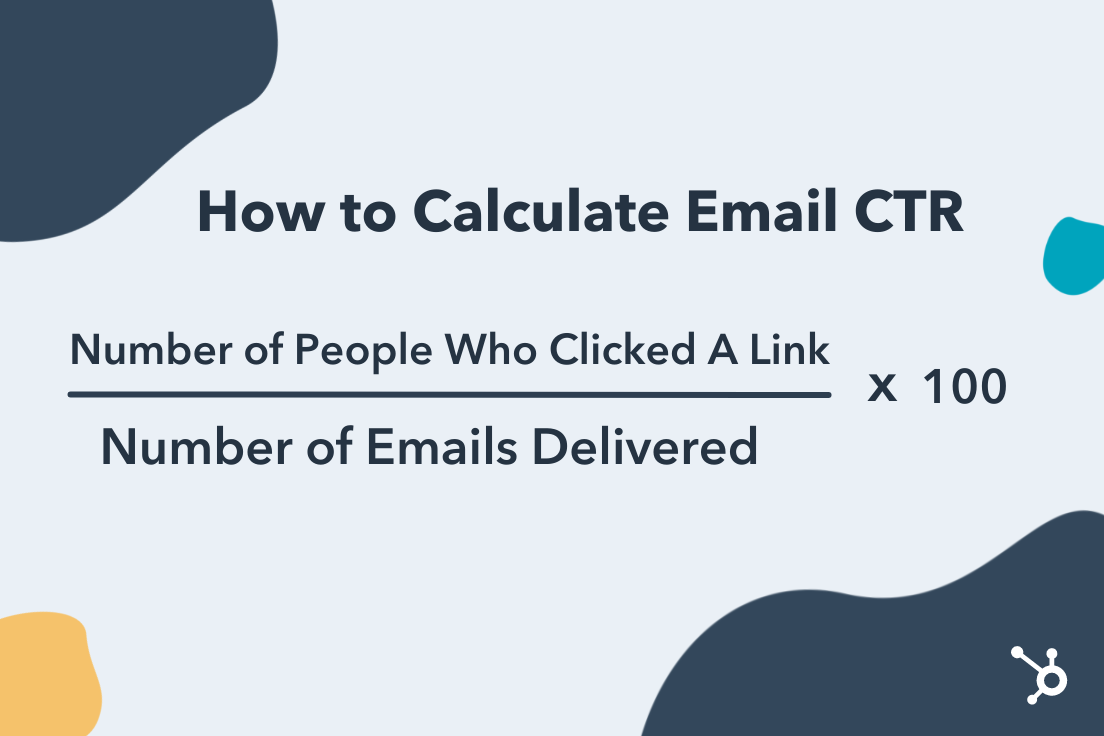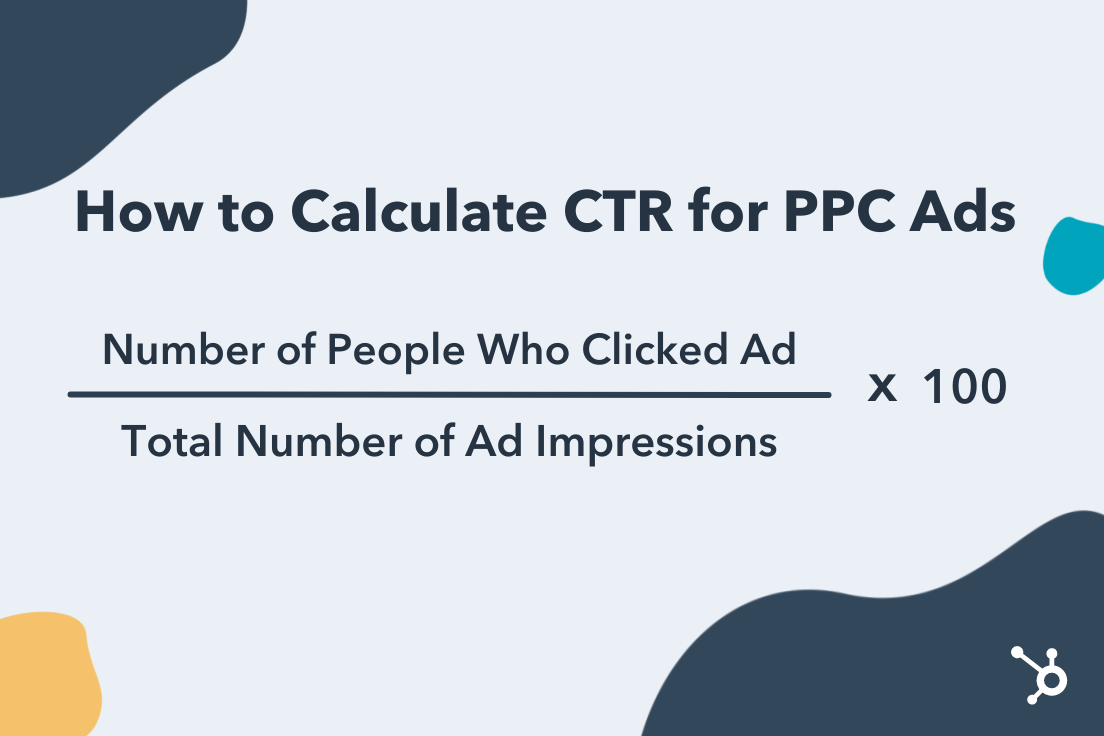- Like
- SHARE
- Digg
- Del
- Tumblr
- VKontakte
- Flattr
- Buffer
- Love This
- Save
- Odnoklassniki
- Meneame
- Blogger
- Amazon
- Yahoo Mail
- Gmail
- AOL
- Newsvine
- HackerNews
- Evernote
- MySpace
- Mail.ru
- Viadeo
- Line
- Comments
- Yummly
- SMS
- Viber
- Telegram
- JOIN
- Skype
- Facebook Messenger
- Kakao
- LiveJournal
- Yammer
- Edgar
- Fintel
- Mix
- Instapaper
- Copy Link
An effective email marketing campaign has the ability to strengthen your brand, engage existing and potential customers, and move them to action.
At the very least, emails will keep you front and center in your audience’s mind. Since email is one of the more personal touchpoints you can use to build rapport with your customers, you have a greater opportunity to make your emails meaningful and successful.
Email marketing has sustained its popularity due to its ease, low expense, and effectiveness. According to Litmus, four out of five marketers would rather give up social media than email marketing. But how do you measure success for email marketing campaigns?
One key metric email marketers can use to determine how well their email campaigns are performing is the click-through rate (CTR).
What is CTR?
An email click-through rate is the percentage of recipients who clicked on one or more links in your email. In pay-per-click marketing, a click-through rate is the number of clicks an ad received relative to impressions.
Ideally, your email subscribers aren’t haphazardly clicking on links. No, you want them to take intentional action from your emails.
Maybe you want them to buy your product. Or (if you’re a nonprofit) to donate to your cause. Perhaps you want them to sign up for your latest program, or even just take a survey so you can learn more about their needs. The point is that just about every email you send out will have some sort of call-to-action that often requires recipients to click on a link and head to a website to carry out that desired action.
That action of clicking on a link in your email and heading somewhere else is what contributes to your CTR. The same applies to pay-per-click (PPC) marketing where you pay each time your link is clicked from an ad impression.
CTR Formula
Now that you understand what a click-through rate is and why it’s so important to your marketing efforts, how do you actually calculate it?
How to Calculate Email CTR
For email, the CTR formula is as follows:
CTR = Number of People Who Clicked A Link / Number of Emails Delivered Successfully x 100

Let’s say you sent an email to a list of 110 people and 100 were delivered successfully to their recipients. Of those 100 recipients, 35 of them clicked on your CTA and were sent to a new page. Using this data, here’s how you would calculate your CTR:
CTR = 35 People Clicked A Link / 100 Delivered Emails x 100 = 35%
How to Calculate CTR for PPC
Here’s the formula you would use to calculate the click-through rate of a PPC campaign:
CTR = Number of People Who Clicked on Ad / Number of Ad Impressions x 100

Using this formula, if 200 people saw your ad and 20 people clicked on it, you’d be looking at a CTR of 10%.
What is a good click-through rate?
The appropriate CTR for your business will depend on your industry, budget, campaign objectives, and audience size. Let’s look at what the research has to say.
Average CTR
According to MailChimp, the average email click-through rate across industries is 2.91%. Industries that had some of the highest click-through rates included Government (3.99%), Media and Publishing (4.62%), Home and Garden (3.03%), and Hobbies (5.01%).
For PPC click-through rates, the average across industries is around 2%.
Improve Your Click-Through Rate
Once you’ve calculated your CTR and compared it to industry standards, you may want to take steps to improve it and create more successful email and PPC campaigns. There’s a small possibility that you’ll receive feedback from customers regarding your campaigns, which means that most of your information will come from testing.
First, take a look at your old email campaigns. Gather them into two categories: those that performed well (had relatively high CTR) and those that saw little success (relatively low CTR). Take time to analyze these messages and note any major differences or patterns.
You’ll want to examine:
- Ad Copy: Can it be shorter? More personable? Easier to understand? Aim to use language that resonates with your audience which may deviate from industry lingo.
- Design: Are your emails visually appealing and inviting? Is it clear what next step the reader is supposed to take?
- Call-to-Action: How clear is your CTA? Experiment with placement and language to see what works for your audience. Also, consider limiting CTAs and links to one or two per email. When presented with too many choices, readers may get overwhelmed or confused.
You’ll also want to step into the mind of your audience. Just because you’ve created an impressive email or ad, doesn’t mean that it’s appealing to the people you are trying to attract.
A good email service provider will offer A/B testing so you can send one variation to one segment of your audience, a second variation to the other segment, and then compare the CTR to see which one performed better.
Whether you pay by the click or pay very little for a monthly subscription to an email service provider, you are still spending time and putting forth the effort to reach your audience and convert them into customers. You want a return on your investment. you want your marketing efforts to pay off.
Ensuring that your ads and email campaigns are effectively written and designed and that they reach the right audience, will help you build and sustain the customer base you’re looking for. In order to determine that, you’ll need to get familiar with your current click-through rates, and optimize your content to create the best possible outcome.
Originally published Jan 21, 2022 7:00:00 AM, updated January 21 2022




